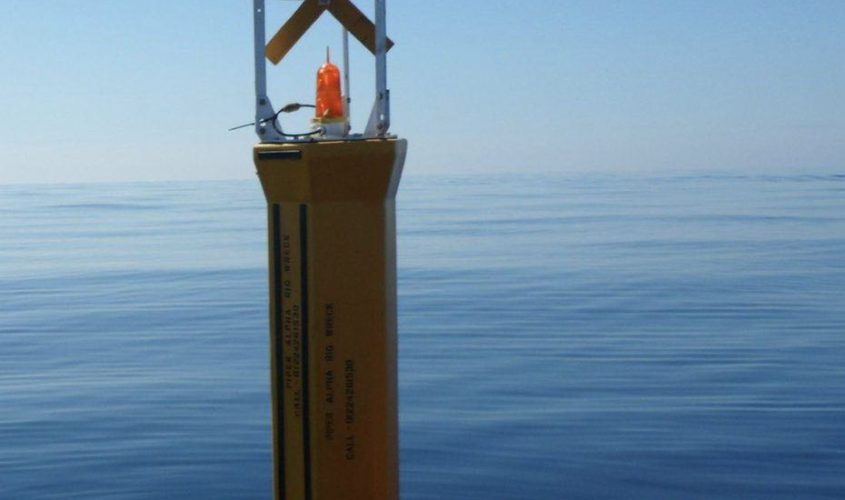
Pioneering Safety in the Oil Industry
In the early hours of July 6, 1988, the North Sea witnessed one of the most devastating offshore disasters in history. The Piper Alpha oil platform, operated by Occidental Petroleum, was engulfed in a catastrophic fire that resulted in the loss of 167 lives. While the tragedy remains a somber chapter in the annals of the oil industry, it also served as a pivotal moment, fundamentally transforming safety protocols and operational standards across the globe. The disaster’s immediate cause was a gas leak, but it was the cascade of failures in safety systems, emergency response, and communication that amplified its severity. The Cullen Inquiry, led by Lord Cullen, was launched to investigate the incident. Its exhaustive report, published in 1990, identified critical lapses and recommended 106 changes aimed at enhancing safety. One of the most significant outcomes of the inquiry was the overhaul of the safety management system in the offshore oil and gas industry. The recommendations led to the development of more robust risk assessment protocols and the implementation of comprehensive safety case regimes. These safety cases require operators to demonstrate that all hazards have been systematically identified and mitigated. Furthermore, the disaster underscored the necessity for improved emergency response and evacuation procedures. This resulted in the introduction of more rigorous training programs for offshore personnel, ensuring they are better prepared to handle emergency situations. Regular safety drills, improved escape routes, and the installation of advanced fire-fighting systems became mandatory on offshore installations. The Piper Alpha tragedy also prompted significant advancements in technology and equipment standards. Enhanced detection systems for gas and oil leaks, automatic shutdown mechanisms, and better-designed living quarters to withstand explosions are now standard features on modern platforms. In addition to technical improvements, there was a cultural shift within the industry. Safety became a core value, embedded in every aspect of operations. The industry adopted a more proactive approach, emphasizing preventive measures rather than reactive responses. Employee involvement in safety practices and transparent reporting mechanisms have fostered a culture of continuous improvement. The legacy of Piper Alpha is a testament to the industry’s commitment to learning from past mistakes. The stringent safety standards and practices that emerged in its aftermath have made offshore oil and gas operations significantly safer, protecting countless lives. While the memory of those lost remains a solemn reminder of the risks involved, their legacy endures in the form of a safer and more vigilant industry.